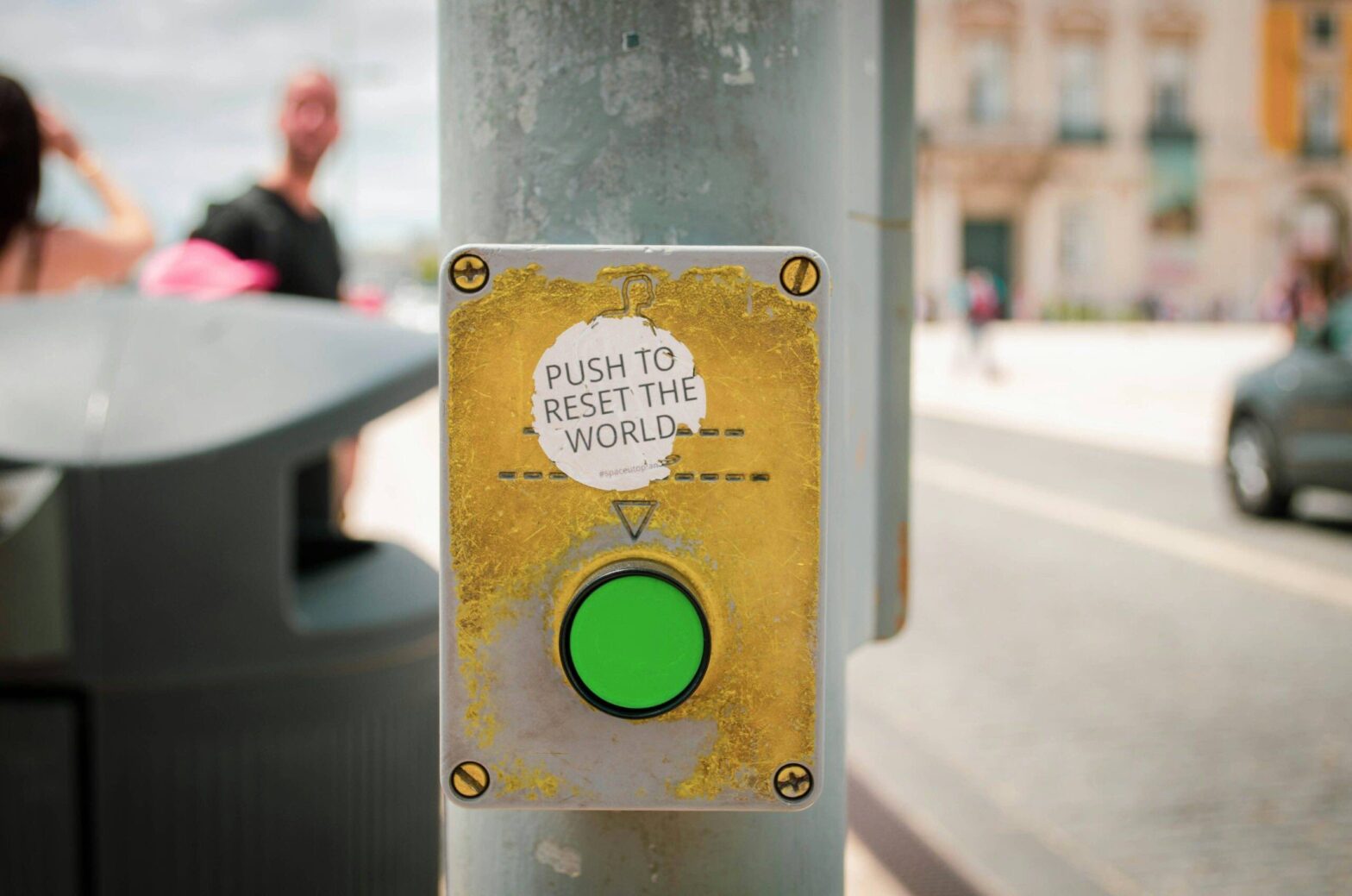
Moishe Moment | Reset Requirements
Parashat Bechukotai “In My Laws”
Parashat Bechukotai is a bit of a harrowing one. It begins with a short series of beautiful and moving rewards that will be heaped upon the people for following God’s commandments. But then the text changes tone and we read a much longer and much more violent and terrifying vision of a world in which the Israelites do not follow God’s ways.
This is a troubling theological angle that contemporary readers often struggle with. Many readers don’t like the idea of a God who viciously punishes someone who strays from the Divine path. It is important to note that the text specifically harps on the idea that if the Israelites do not observe the Shmitah and Yovel years wherein the earth is supposed to lie fallow and rest, then the land WILL get its rest come hell or high water, by spewing out the Israelite inhabitants.
It’s remarkable that this parashah paints a picture of the sanctity of a place, a land, an earth, regardless of its inhabitants. The land was, is, and will be sacred and if the people do not comport themselves in alignment with that sacredness, the land will spit them out. It’s a frightening but poignant reminder that it’s not all about us. If we pollute the land with injustice, we may require a hard reset.
